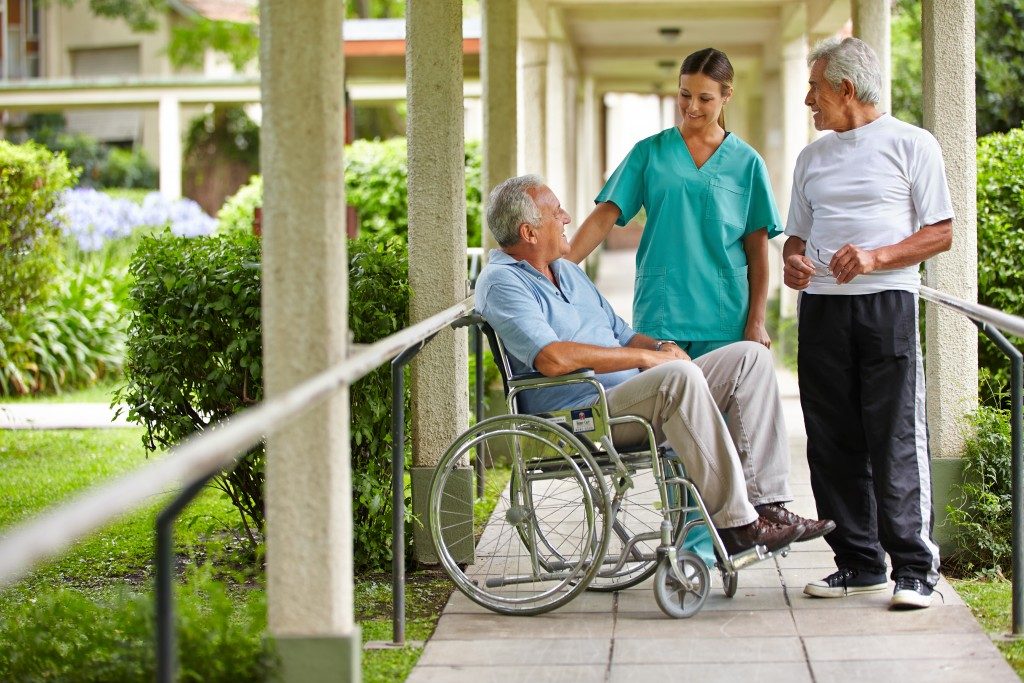There is no easy way to deal with the elderly. It can always be challenging, whether you are doing this for a family member or you are working professionally. One of the biggest challenges you can face is when the elderly rejects your attempt to care for them. You may end up asking how you can help a person who is not willing to receive any help.
To deal with this situation, you need to understand why resistance to care began and determine effective ways to encourage cooperation.
What are the reasons behind resistance to care?
An elderly who needs care may have undergone a loss. This is not only limited to losing a loved one. Loss can also mean physical or mental. When a person who is experiencing this situation accepts care from others, this could mean surrendering their privacy and adjusting to a new routine. They may feel vulnerable and scared, or even guilty at the thought that they turned out to be a burden to their family or friends. Sometimes, they get angry, too, because they now need someone else’s help.
There are also cases where your elderly loved one becomes stubborn, shows some mental health issues, or feels weak because of the help. What are the best ways to encourage cooperation from your loved one who needs care?
Elderly patient care service experts based in Michigan say the process is not simple. In most cases, professional help is necessary. A doctor will broker a discussion with the patient’s family members and talk about their need for professional care. When you see your loved one tries to resist help and care, you can try the following tips:
- Only give the help that they need. Once you are done with the assessment, only take the professional help required for their condition.
- Establish the best way you can relax with your loved one. During this moment, you can talk to each other and share your thoughts without any pressure.
- Consider the preferences of your loved one. The thoughts of the person who will receive the help or care are essential. Your loved one may be considering the services they need or thinking about someone in particular who can provide the care for them.
- Seek help from other family members. This concern is a concern of the entire family, so asking for their help is valid. Some family members or friends may help you in encouraging your elderly loved one to consider help.
- Never give up. There is always a next time for this. If your loved one does not entertain the topic today, you can try it again tomorrow or the next two days.
 What are the other things you can do?
What are the other things you can do?
When your loved one keeps resisting the help and care after you have done your best to encourage them, this is the right time to consider the help of a professional. Expert advice from a doctor may persuade your loved one and acknowledge they need for professional care or the possibility of getting assisted living.

